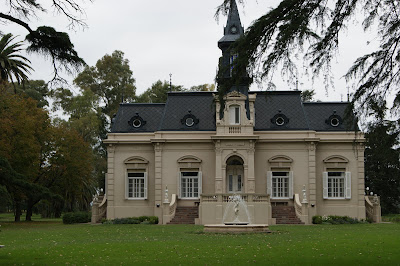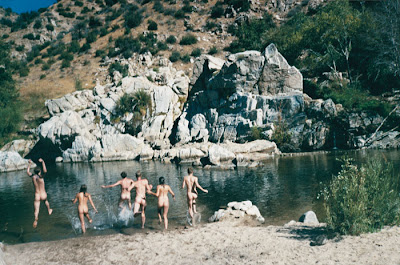Individuals are more inclined to accept information when it comes from sources they can relate to or have a human connection with. In my field, it's quite often that people (for example, psychology students, friends) ask things like: what is the main tool that is used to help your clients during the process of therapy? obviously there is active listening, context, empathy, warmth and a seemingly limitless array of more technical tools gathered from a lifetime of studying, training and working. Yet the single most important thing for me, personally is connection. And intuition. Throughout years of experience, the most magnificent outcomes with my patients have occurred as a result of that connection.
Have there been times when there was no connection? yes, definitely which is why it's important to find the right fit for you.
Although the production and dissemination of information is essential for the betterment of clients and society the reception and acceptance of factual information is influenced by various factors, including, connection, values, the other´s ideology and how these things relate to the information being shared.
The emotional connection between the source and the recipient being crucial in effective communication.
The Role of Relatability:
Relatability is the extent to which individuals perceive commonalities or shared experiences with a source of information. People tend to be more receptive to information when they can relate to the source on a personal level. This relatability is often driven by factors such as shared values, experiences, or identities.
The Impact of Human Connection:
Human connection goes beyond mere relatability; it involves the establishment of emotional bonds and a sense of trust between the source and the recipient. When individuals have a human connection with a source of information, they are more likely to accept and internalize that information. Such connections are often built on empathy, authenticity, and a genuine understanding of one another's perspectives.
Psychological Mechanisms:
Several psychological mechanisms underlie the phenomenon of information acceptance based on relatability and human connection. These mechanisms include:
a. Confirmation Bias: People are more receptive to information that aligns with their existing beliefs values and ideology. A relatable source is more likely to present information in a way that resonates with the recipient's worldview.
b. Trust and Credibility: Human connections often engender trust and credibility. Information from a trusted source is more likely to be accepted without skepticism.
c. Emotional Resonance: Emotional connections create a deeper impact and foster a sense of empathy, making it easier for information to resonate with the recipient on an emotional level.
Implications for Effective Communication:
Understanding the importance of relatability and human connection in information acceptance has several practical implications:
a. Education: Educators and communicators can enhance the effectiveness of their messages by building connections with their audience, thus facilitating the acceptance of factual information.
b. Public Health: In public health campaigns, relatable and empathetic messengers can effectively convey critical information and promote healthier behaviors.
c. Social Movements: Advocacy and social movements can benefit from utilizing relatable spokespeople who can connect with their target audience on a personal level, thus garnering greater support.
d. Marketing and Advertising: Relatable and emotionally resonant advertising campaigns can foster brand loyalty and encourage consumer action.
e. Political Communication: Politicians and leaders who establish genuine connections with their constituents can effectively communicate their policy initiatives and ideas.
Conclusion:
The phenomenon where individuals are more likely to accept factual information from sources they can relate to or have a human connection with is a significant aspect of human psychology and communication. Recognizing the power of relatability and human connection in information acceptance can inform and improve various domains, including education, public health, advocacy, marketing, and political communication. To promote a more informed and connected society, it is crucial to leverage these factors to facilitate the acceptance of factual information, ultimately leading to positive outcomes and societal progress.











































